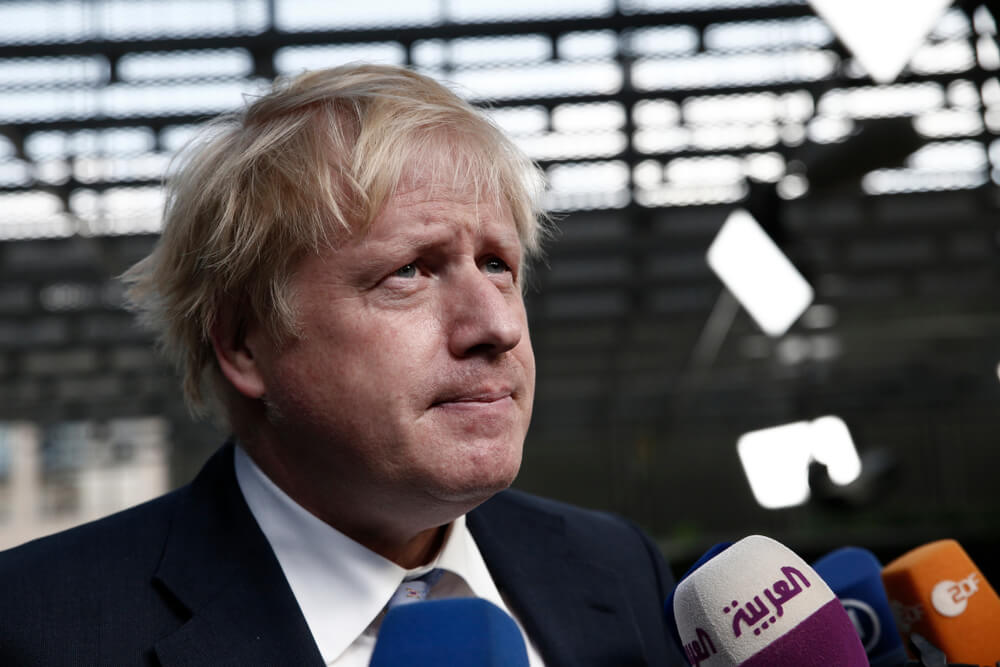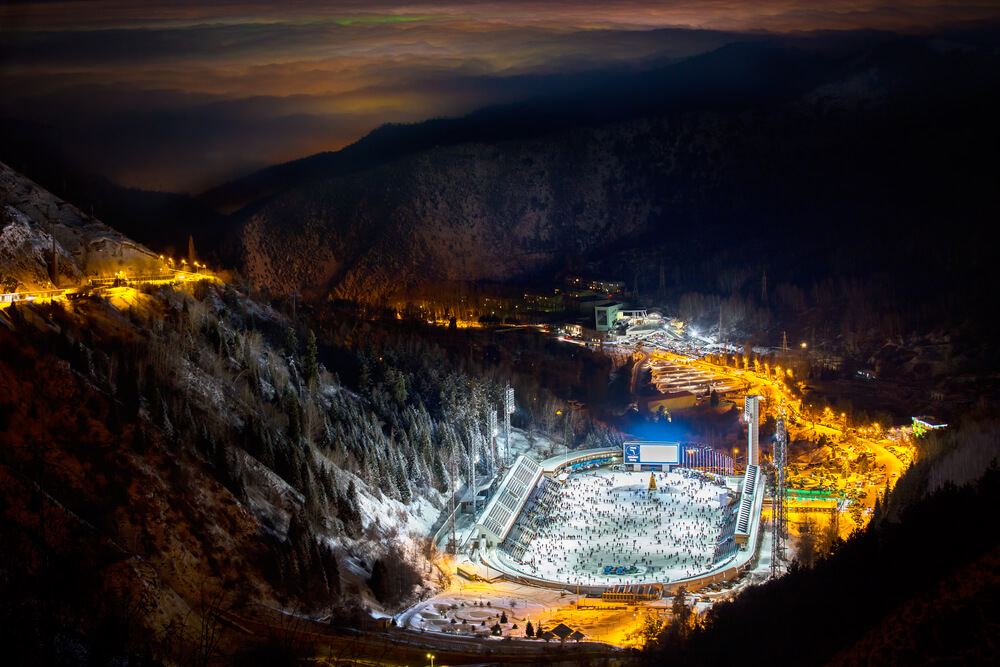I was once interested in buying a historic mansion in Virginia. It was a classic, but it needed a lot of work. It was being sold by a bank and, for a whole afternoon, my wife and I dreamed of owning it.
It was on the market because the previous owner, who had bought it to restore it, had gone broke. His mistake was that he had tried to do the whole job at once: the wiring, the plumbing, the plastering, the floors. Too much.
Had he done what other restorers would have done in similar situations, gone about restoration piece by piece, he would be the proprietor of a remarkable antebellum home today.
Some big jobs need to be done one thing at a time.
Immigration reform may be such a big job; so big it demands to be done in pieces, fixing what is fixable in the short term while the great issues — who, from where and how many — wait for another day and a calmer political climate.
To me, the most fixable is the plight of those who are already here: the 11 million illegal residents, predominantly from Central America.
They are here. They are people who succumbed to the basic human desire to better themselves and provide more for their families. They are illegal but they are not evil. They broke the law to find a better, safer life — the same motivation that brought people from Europe to these shores for five centuries.
Laws are made by people; human need and human aspiration are primal. We, American citizens (except those whose ancestors were transported in slavery), are the product of the same aspiration that has brought most illegal immigrants to live among us: to work hard, to raise families and to live in peace. Statistically, they are slightly more law-abiding than those who would have them gone by deportation. They are a vital new population of artisans — skilled manual workers.
The Immigrant Tax Inquiry Group (ITIG) and its tireless founder, Mark Jason, a former IRS inspector and Reagan Republican, attracted my attention six years ago because it had a ready answer for those who are illegal but otherwise blameless.
Jason wants illegal immigrants to be given a 10-year, renewable work permit with a special tax provision: There would be a 5 percent tax levied on employers and a 5 percent tax paid by the worker – what Jason calls “five plus five.” The billions of dollars raised by the program would be earmarked for the neighborhoods where the illegals are concentrated to alleviate the burdens they impose on education, health care, policing and other social services.
Notably, his Malibu, Calif.-based group’s program has no amnesty in the usual sense; no path to citizenship, not even an entitlement to lifetime abode.
Jason has poured his personal fortune into a lobbying effort on behalf of the ITIG program, including congressional briefings and information sessions.
To me, the program would solve an immediate problem: It would end the massive deportations — so fundamentally un-American — which have gone on through four administrations. It would allow families to come out from behind the curtain of fear — fear in the knowledge that tonight might be their last night of hope, of a united a family and of a livable wage. In the morning (the favored time for arrests), the state could come down on hope and love with the dreaded knock on the door; paradise lost.
The Jason work-permit program is one room in the immigration edifice that could be renovated now, and with benefit rather than cost. The deportations cost in every way: They cost in lives shattered, ICE teams, deportation centers, court hearings, talented labor lost, and finally transportation to places now alien to most of those headed there as deportees – hapless and more or less stateless. There is a fix at hand.











